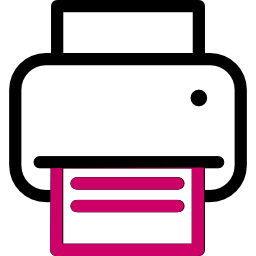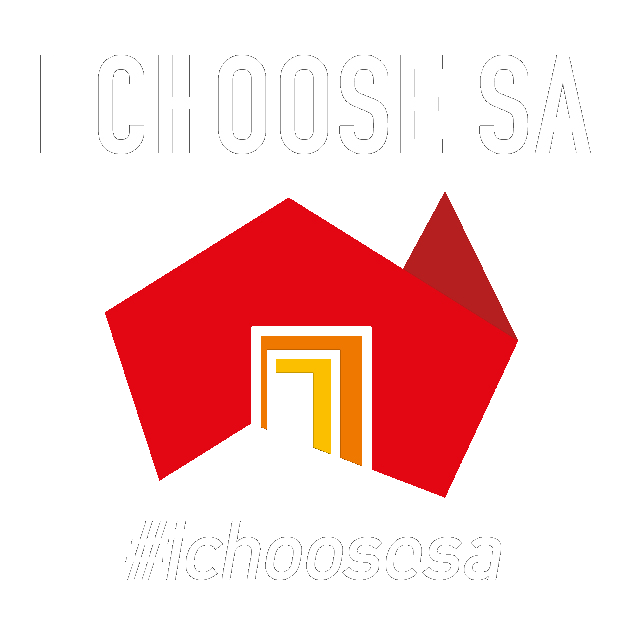Discretionary Trust
How do I order a Discretionary Trust?
Need a Family or Discretionary Trust? Simply fill in our form below. We will review all of your details and contact you with any questions. We will personally prepare your documents.
- DIY Print: $341 (including GST)
- Hard Copy: $407 (including GST)
*Prices do not include any stamp duty that may be payable.
Q & A Discretionary Trusts
The questions and answers below are for information purposes only and are not advice. You should arrange your own legal, accounting, financial and other advice.
1. What is a Discretionary Trust?
A Discretionary Trust is generally a trust under which the Trustee has a wide discretion in relation to dealings with the trust property and as to whether and to which beneficiaries to distribute the income and capital of the trust. Until the trustee exercises it’s discretion, the beneficiaries generally have no interest in the trust property. The most common type of discretionary trust is the family trust which is a discretionary trust established for the benefit of members of a family (for tax reasons a family trust means a trust that has made a family trust election).
2. When is a discretionary trust created?
A Discretionary Trust is created when the ‘Settlor’ gives the trustee money or property to be held on trust for the benefit of the beneficiaries. The ‘initial sum’ is the original trust fund.
3. Who can be a Beneficiary?
Our Discretionary Trust Deed is drafted to include a wide range of beneficiaries by reference to their relationship with the Primary Beneficiary. The Primary Beneficiary is usually the person setting up the trust for the benefit of their family, eg. the husband and wife of the family.
Briefly, Beneficiaries include:
(a) the Primary Beneficiary;
(b) each spouse of the Primary Beneficiary;
(c) each child, grandchild or great-grandchild of the Primary Beneficiary or of a spouse of the Primary Beneficiary;
(d) each parent, brother, sister, nephew and niece of the Primary Beneficiary or of a spouse of the Primary Beneficiary;
(e) each spouse of each of the persons described in paragraphs (c) and (d);
(f) each trust in which any of the persons described in paragraphs (a) to (e) inclusive is a beneficiary;
(g) each corporation of which any of the Beneficiaries is a shareholder or a director, or in which at least one share is beneficially owned by any of the beneficiaries;
(h) each trust in which any of the beneficiaries is a beneficiary; and
(i) any Charity.
Beneficiaries may include people or entities even if that person was not born or entity not in existence at the time the Trust is created.
Beneficiaries do not include:
the Settlor and any child of the Settlor for so long as that child is under the age of 18 years; or
any person or corporation which is or becomes insolvent for so long as that person or corporation remains insolvent.
You may want to consider excluding certain persons from the definition of Beneficiaries. For example, in some circumstances deeming rules in the Social Security legislation may make it necessary to exclude certain persons who are currently or intend in the future to receive Centrelink benefits.
Please advise us in the ‘other requirements’ section of our order form if there are any persons or entities you want excluded from the general definition of Beneficiary. If you want to exclude ‘Foreign Persons’ as beneficiaries please advise and we can discuss the necessary requirements with you.
4. What is a Trustee?
5. What is an Appointor?
The Appointor effectively controls the Trust as the Appointor has the power to appoint and remove trustees. The Appointor may be an existing trustee, a beneficiary or any other third party.
6. What is a Settlor?
The Settlor is the person who initially gifts a sum of money or property to the trustee to establish the trust. The Settlor must be over 18 years of age and must be independent of the trustee and the beneficiaries. The Settlor can not be the Trustee, the Appointor or a potential beneficiary. Other than making the original gift of money or property, the Settlor has no other legal obligations. The Settlor is not responsible for the Trustee’s actions.
7. What is a default beneficiary?
8. What are the advantages of having a company as trustee of a Discretionary Trust?
- Companies don’t die!
- Removal of most of the risk of personal liability which individual trustees are exposed to (although the directors of a corporate trustee may be personally liable in certain circumstances);
- It is easier to effect a change in control of the trust (eg. transfer shares and change directors rather than remove and appoint an individual trustee).
- No need to incur the cost of transferring assets to the new trustees or changing names on investments and bank accounts when there is a change in trustees.
- Control of the fund is more certain in circumstances of death or incapacity of key persons.
9. What can I call the Trust?
You can choose any suitable name for the discretionary trust but avoid choosing names that suggest an inappropriate connection or affiliation with or endorsement by persons, organizations or governments with which you are not involved.
10. What is the initial sum?
11. Does the trust deed have to be stamped?
What are some of the features of our Discretionary Trust package?
The following are some of the features of our Discretionary Trust package. However the trust deed should be read in full to understand the relationship between the trustee and beneficiaries and how the trust works.
- All documents to establish the trust
- Our documents are easy to read and understand.
- You decide how you want the documents delivered to you and therefore how much you pay.
- We give you a choice of us arranging stamping of the deed (in SA or NT), or you can arrange it.
- We prepare your documents and call you if we have any questions.
- We can include your logo.
- Fast delivery by e-mail or express post.
Show More features of this package
- South Australian based trusts have no perpetuity period;
- wide range of potential beneficiaries;
- ability to appoint default beneficiaries in respect of income;
- individual or corporate trustee (and ability to change between the two);
- when the trust is wound up the trustee must distribute the trust fund to the beneficiaries then living or existing; if no beneficiary is living or existing then to the persons who would be entitled to the estate of the Primary Beneficiary, and if there are no persons entitled to the estate of the Primary Beneficiary then for such charitable purposes as the trustee determines. This ensures that there is no resulting trust to the Settlor;
- broad trustee powers.??
Document Shop Delivery Options?

DIY Print $341
DIY Print – We will deliver all documents to you via e-mail.

Hard copy $407
Hard copy – We will print, bind and deliver all documents to you in a binder via express post.
Stamping
SA: exempt (as of 1 July 2006 deeds are exempt from stamp duty in South Australia)
NT: $69 (including stamp duty of $25 (GST free) – we can arrange stamping in the NT.)
What do I get if I order a Discretionary Trust?
- Trust deed;
- Nomination form for default beneficiaries;
- Trustee’s resolution (individual trustees) or minutes of meeting of the trustee company or sole director’s resolution (corporate trustee);
- Blank nomination and revocation forms for the default beneficiaries;
- If you choose Hard Copy delivery – a binder.
Disclaimer
Need More Infomation?
Contact us
Phone: 1300 667 817
info@documentshop.com.au
PO Box 47 Highgate SA 5063
Services
- Companies
- Trusts
- SMSFs
- Company Compliance
- Business Names
- Not For Profit
- Other Legal Services
- Price List
Contact us
Phone: 1300 667 817
info@documentshop.com.au
PO Box 47 Highgate SA 5063

